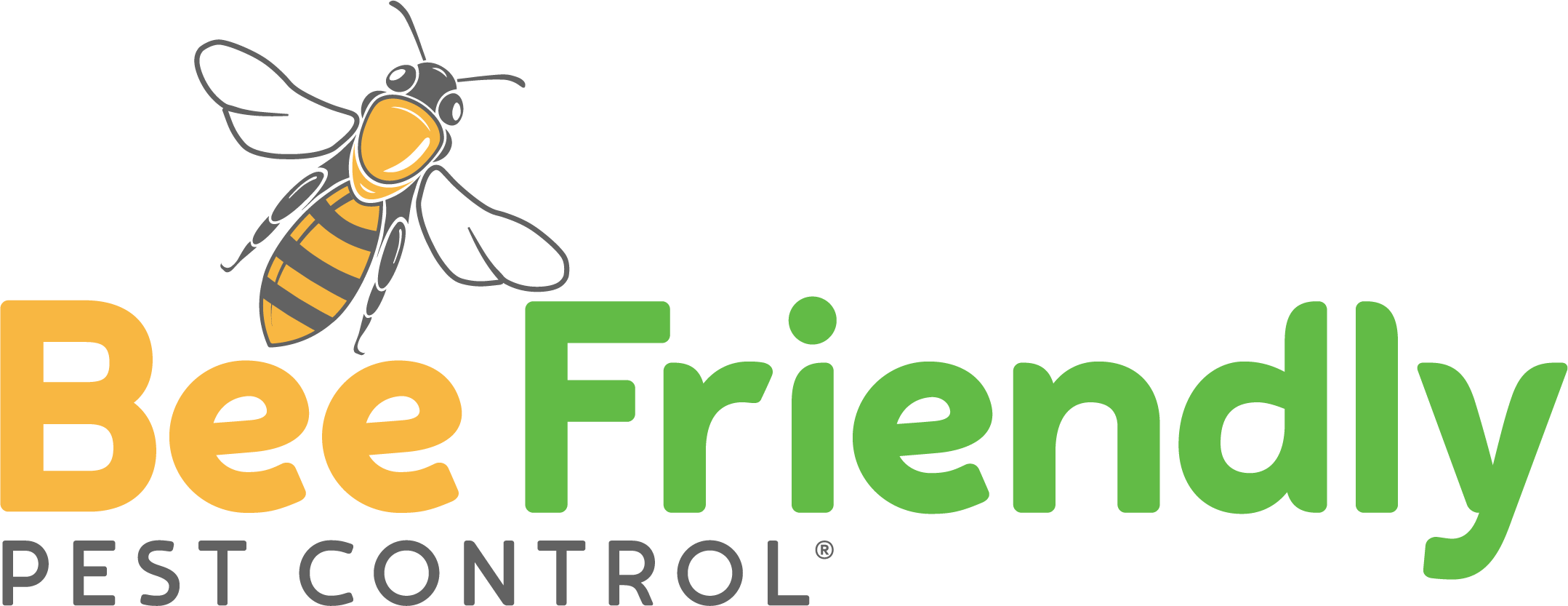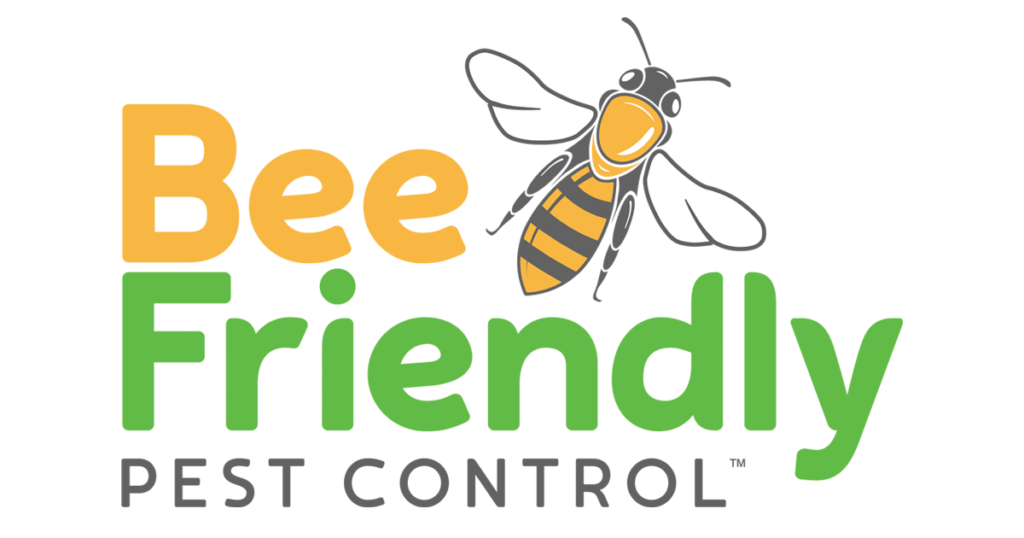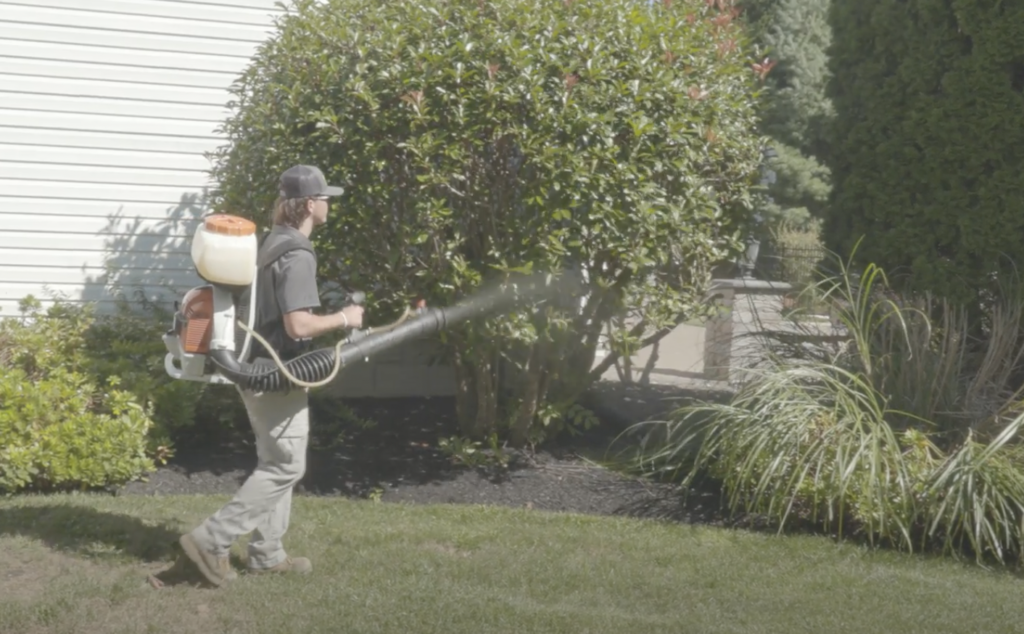“In nature nothing exists alone”
— RACHEL CARSON, SILENT SPRING
Nothing exists in isolation, as everything is interconnected. Each thing relies on others for support, while also contributing in return. Take the case of the pesticide DDT, for example. People initially believed eliminating harmful insects would be beneficial. However, they didn’t realize that something strong enough to eradicate pests would also have consequences elsewhere. The pesticide disrupted the life cycle of songbirds, signaling its broader impact on other organisms in the ecosystem.
The need to protecting our pollinators has never been clearer than in recent years. Bees, essential to thriving ecosystems and the backbone of our agricultural systems, are under serious threat from habitat destruction, harmful pesticides, and climate change.
But here’s the good news: your neighborhood can be part of the solution! By creating bee-friendly communities, we can make a big difference. From planting wildflowers to adopting bee-friendly pest control methods—like using neem oil, diatomaceous earth, or companion planting—you can help ensure that bees and other pollinators thrive. It’s time to step up and protect the buzz that keeps our world growing!
Organize Community Bee Gardens
Creating communal bee gardens is an excellent way to provide a consistent food source for local bees. A great example is the recent initiative in Portland, Oregon, where residents transformed vacant lots into thriving bee-friendly gardens. By planting a mix of native flowers, herbs, and shrubs, these gardens not only support bees but also beautify the neighborhood. Encourage your community to do the same by designating a space and organizing a planting day.
Host Educational Workshops
Education is key to promoting bee-friendly practices. Local pest control companies Solutions have successfully hosted workshops that teach residents about the importance of bees and how to manage pests without harming them. These workshops cover topics such as identifying bee-friendly plants, understanding integrated pest management (IPM), and using non-toxic pest control methods. Partner with local experts or companies to bring these educational opportunities to your neighborhood.
Advocate for Pollinator-Friendly Policies
Engaging with local governments and advocating for policies that support pollinators can have a lasting impact. For instance, the city of Austin, Texas, has implemented regulations that limit the use of harmful pesticides and promote organic pest control methods. Work with your community to propose similar measures, such as creating pesticide-free zones or encouraging the use of organic alternatives in public spaces.
Encourage Bee-Friendly Pest Control
Support pest control companies that prioritize bee safety. Bee-Friendly Pest Control, a leader in eco-conscious pest management, exemplifies how professional services can integrate bee-friendly practices. We use methods that are effective against pests but harmless to bees, ensuring that local pollinators are protected. Advocate for and choose services that align with these values to set a standard for responsible pest management in your area.
Create Bee-Friendly Spaces
Small changes in private yards can collectively have a big impact. Promote bee-friendly practices among neighbors, such as reducing lawn areas in favor of wildflower meadows, installing bee hotels, and avoiding chemical pesticides. For example, residents in Boulder, Colorado, have seen a resurgence in bee populations by converting traditional lawns into wildflower-rich environments. Share these success stories to inspire others in your community to follow suit.
Collaborate with Local Beekeepers
Local beekeepers are invaluable resources for promoting bee health. In Seattle, community groups have partnered with beekeepers to provide hive installations and education sessions on maintaining healthy bee populations. Engage with local beekeepers to learn about their needs and how you can support their efforts through community initiatives and educational outreach.
By implementing these tips and drawing inspiration from successful community initiatives, you can play a crucial role in creating a bee-friendly neighborhood. Not only will these efforts support local bee populations, but they will also enhance the overall health and vibrancy of your community. Together, we can make a difference—one neighborhood at a time.
For more information on bee friendly practices and to learn about our eco-conscious pest control solutions, visit Bee Friendly Pest Control website or call Bee Friendly Pest Control now at (888) 423-3588, for your free quote. Join us in protecting our precious pollinators!





